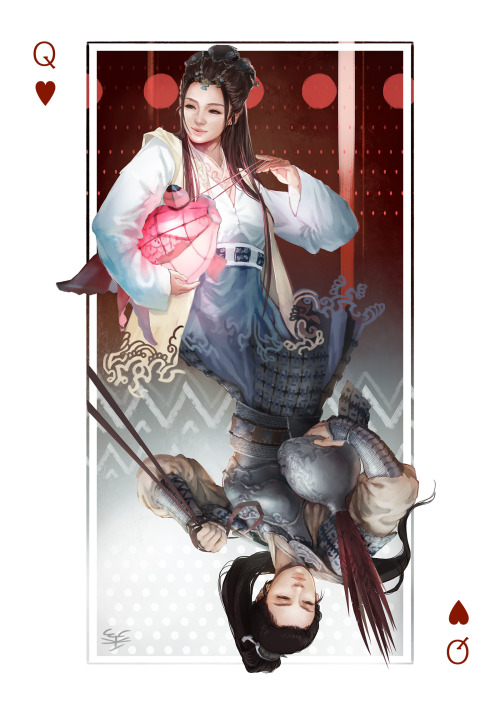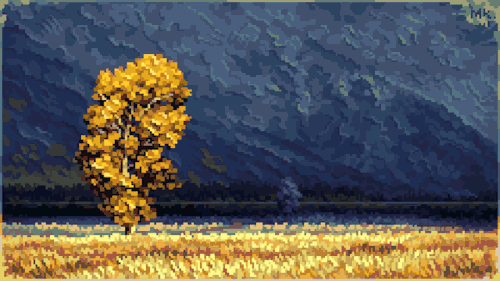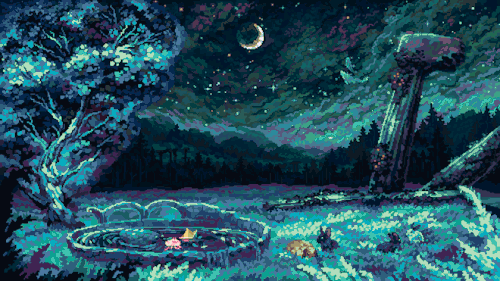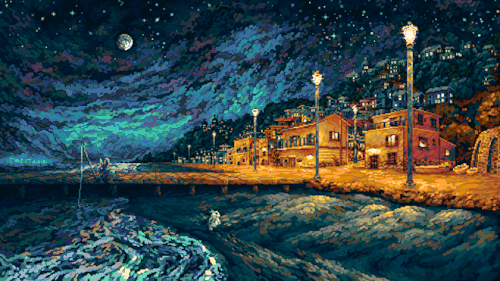Asathorin - Titled










More Posts from Asathorin and Others
Culture is so obsessed with the idea of lone geniuses that it doesn't really appreciate that most of the progress of science (and likely every other discipline) occurs collaboratively, in babysteps, and usually through a lot very tedious, utterly unsexy, work.
my kitty cat has the biggest prettyest most big beautoful wet eyes i’ve ever seen….. but i know it’s alljust a trick. shes going to bite me


not romantic not platonic but a secret third thing [what would happen between earth and the moon if the earth stopped spinning as illustrated by xkcd randall munroe]
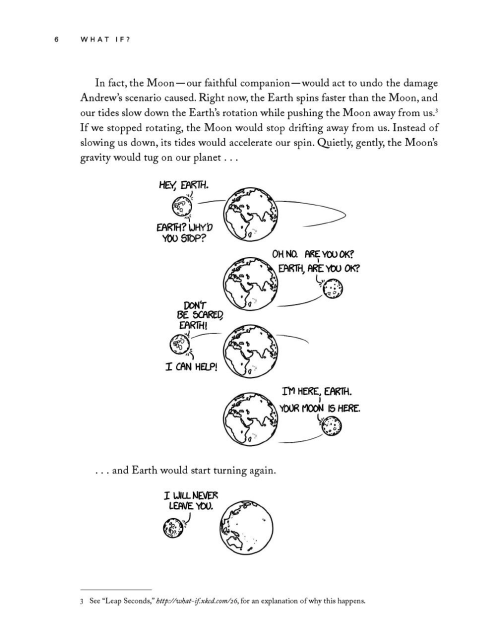










Special Tang Fan edition of previously seen memes









mysterious lotus casebook 🪷 as text posts pt.1

Girl is not beating the Emperor allegations (ั・﹏ั・ )
(Authority, structure, control, tyranny, rigidness)
li lianhua's final letter to di feisheng
i hear the official eng subs weren't great so here's my own attempt at a translation (under a read more bc fuck it's Long)
edit: translated qiao wanmian’s letter to li xiangyi as well, which mirrors this one!
十年前
Ten years ago,
东海一决
during the duel of the eastern sea,
李某蒙兵器之利
this unworthy Li made benefit of whetted blade
借沉船之机与君一战犹不能胜
and capsizing boat whilst battling thee but was yet unvictorious.
君武勇之处
Thy martial prowess and valiance
世所罕见
are unexampled in this world.
心悦诚服
Mine heart delights in it, and by mine own will yields to thine eminence.
今事隔多年
The affairs of today are by many years separated.
沉疴难起
By pains alone would a lingering malady be cured.
剑断人亡
The sword hath broken—the man hath perished,
再不能赴东海之约
and can no more honour the accord to duel by the eastern sea.
谓为憾事
Such is the cause for most sincere regret.
余感念君所赠之忘川
I recall in deepest gratitude the flower of oblivion bequeathed by thee,
然终有负君之所望
yet did forsake all thou hadst longed for in the end.
江山多年
The rivers and mountains of this land have many years endured,
变化万千
their changes reckoned in the tens of thousands.
去去重去去
Partings upon partings, farewells upon farewells;
来时是来时
the coming times shall be the coming times.
方多病习我之功法
Fang Duobing hath been studied in my skills,
资质上佳
and his own endowments of the utmost excellence.
不暇多日
Shouldst he not keep idle days,
定不在明月沉西海之下
he shall surely be not beneath the bright moon sinking into the western sea.
君今无意逐鹿
Thou hast not now any desire to pursue the throne,
但求巅峰
but instead to seek the height of skill.
李某已去
This unworthy Li hath since gone;
若君意不平
if thy desire be not appeased,
足堪请其代之
he shall suit, shouldst thou bid him succeed me.
李相夷绝笔
Thus end the last words of Li Xiangyi.
footnotes
i've translated this letter into (my best attempt at) early modern english to try and reflect the formality li lianhua is writing in. also because he uses 君 for di feisheng throughout, which is a literary second-person pronoun, and i wanted to emphasise that. i know thou is actually the informal pronoun, but given how archaic it sounds in comparison to you, the actual formal pronoun in early modern english, i thought it a better fit. (for all the feihuas out there: 君 was also used by women to address their husbands, so actually i thought the informality might work in my favour here LOL)
if you saw this post before, you might have noticed that my translation of the third and fourth lines changed slightly lmao. ty to @/presumenothing for the reminder and ofc my fav @/bat1lau4can4 for talking through it with me and being the 文言文 expert i need <3
for the purposes of my goal in the above footnote, i've had to take some creative liberties in my choice of vocabulary. for example: unexampled is not quite an accurate translation of 罕见, which actually means rarely seen.
i phrased 心悦诚服 as mine heart ... yields but that's a somewhat liberal interpretation of the phrase lol. there is a heart in it; it's just maybe not the thing that's yielding, to be precise. close enough imo though!
江山 literally translates to rivers and mountains but is often used as a metaphor for a country as a whole, hence my translating it as the rivers and mountains of this land.
grammar is not as important as Vibes.
逐鹿, which i've translated as pursue the throne, literally means to chase the deer, and stems from the 《史记》 / records of the grand historian.
绝笔, rendered here as last words, specifically refer to the last words written by one before their death.
-
 empireofcyr liked this · 3 weeks ago
empireofcyr liked this · 3 weeks ago -
 passwordisincorect liked this · 1 month ago
passwordisincorect liked this · 1 month ago -
 notcarmilla liked this · 1 month ago
notcarmilla liked this · 1 month ago -
 safia-bachamissimi reblogged this · 1 month ago
safia-bachamissimi reblogged this · 1 month ago -
 safia-bachamissimi liked this · 1 month ago
safia-bachamissimi liked this · 1 month ago -
 the-little-red-strawberry liked this · 1 month ago
the-little-red-strawberry liked this · 1 month ago -
 fatherizzyisms liked this · 1 month ago
fatherizzyisms liked this · 1 month ago -
 skallyeen reblogged this · 1 month ago
skallyeen reblogged this · 1 month ago -
 rhoooooo reblogged this · 2 months ago
rhoooooo reblogged this · 2 months ago -
 rhoooooo reblogged this · 2 months ago
rhoooooo reblogged this · 2 months ago -
 rhoooooo reblogged this · 2 months ago
rhoooooo reblogged this · 2 months ago -
 rhoooooo liked this · 2 months ago
rhoooooo liked this · 2 months ago -
 gob1yn reblogged this · 2 months ago
gob1yn reblogged this · 2 months ago -
 gob1yn liked this · 2 months ago
gob1yn liked this · 2 months ago -
 la-girlblogger-avec-toi reblogged this · 2 months ago
la-girlblogger-avec-toi reblogged this · 2 months ago -
 la-girlblogger-avec-toi liked this · 2 months ago
la-girlblogger-avec-toi liked this · 2 months ago -
 not-your-average-criptid liked this · 2 months ago
not-your-average-criptid liked this · 2 months ago -
 flightless-peinguin reblogged this · 2 months ago
flightless-peinguin reblogged this · 2 months ago -
 goldencatwithapen liked this · 2 months ago
goldencatwithapen liked this · 2 months ago -
 evenmorecreativeusernameiswear reblogged this · 2 months ago
evenmorecreativeusernameiswear reblogged this · 2 months ago -
 alcrux87 reblogged this · 2 months ago
alcrux87 reblogged this · 2 months ago -
 wynjara liked this · 2 months ago
wynjara liked this · 2 months ago -
 village-skeptic liked this · 2 months ago
village-skeptic liked this · 2 months ago -
 protectorofthesmoll reblogged this · 2 months ago
protectorofthesmoll reblogged this · 2 months ago -
 protectorofthesmoll liked this · 2 months ago
protectorofthesmoll liked this · 2 months ago -
 ifyouarefictionaliwillpunchyou reblogged this · 2 months ago
ifyouarefictionaliwillpunchyou reblogged this · 2 months ago -
 ifyouarefictionaliwillpunchyou liked this · 2 months ago
ifyouarefictionaliwillpunchyou liked this · 2 months ago -
 freddiebeg reblogged this · 2 months ago
freddiebeg reblogged this · 2 months ago -
 mindyhoyden reblogged this · 2 months ago
mindyhoyden reblogged this · 2 months ago -
 vincent2845 reblogged this · 2 months ago
vincent2845 reblogged this · 2 months ago -
 lucariotrainer312 liked this · 2 months ago
lucariotrainer312 liked this · 2 months ago -
 marthielsmain liked this · 3 months ago
marthielsmain liked this · 3 months ago -
 marsvs-thesun liked this · 3 months ago
marsvs-thesun liked this · 3 months ago -
 green-globule liked this · 3 months ago
green-globule liked this · 3 months ago -
 awkwarddaydreamingpotato reblogged this · 3 months ago
awkwarddaydreamingpotato reblogged this · 3 months ago -
 busyeatingslugs reblogged this · 3 months ago
busyeatingslugs reblogged this · 3 months ago -
 busyeatingslugs liked this · 3 months ago
busyeatingslugs liked this · 3 months ago -
 megacharizardx99 liked this · 3 months ago
megacharizardx99 liked this · 3 months ago -
 oedipal-callie liked this · 4 months ago
oedipal-callie liked this · 4 months ago -
 lias36912 reblogged this · 4 months ago
lias36912 reblogged this · 4 months ago -
 lias36912 liked this · 4 months ago
lias36912 liked this · 4 months ago -
 small-plants liked this · 4 months ago
small-plants liked this · 4 months ago -
 verdepo3aliebling reblogged this · 4 months ago
verdepo3aliebling reblogged this · 4 months ago -
 verdepo3aliebling liked this · 4 months ago
verdepo3aliebling liked this · 4 months ago -
 pikinethegator reblogged this · 4 months ago
pikinethegator reblogged this · 4 months ago

